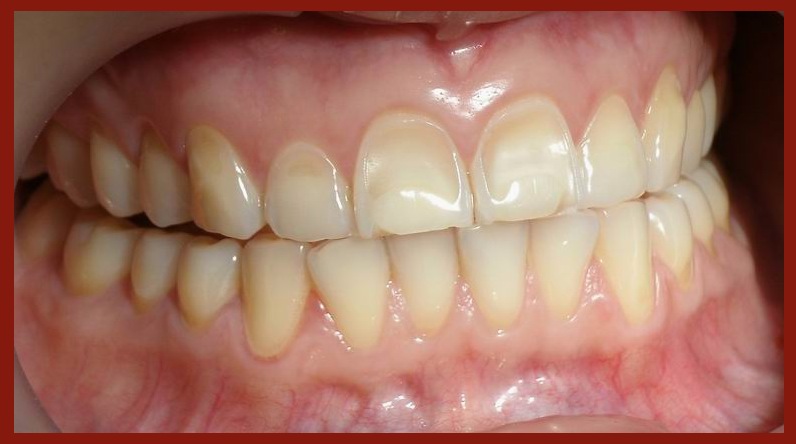Regular consumption of soda, a popular beverage worldwide, has been linked to numerous health issues due to its high sugar content and chemical additives. Understanding these potential risks is crucial for making informed dietary choices.
Weight Gain and Obesity
Soda is a significant source of added sugars, providing little to no nutritional value. The liquid form of these sugars can bypass the body’s natural satiety mechanisms, leading to overconsumption of calories. Studies have shown that individuals who consume sugary beverages daily are more likely to gain weight and become obese compared to non-consumers.

Bone Health Concerns
A common concern about soda, particularly colas, is their potential to weaken bones. While phosphoric acid in these beverages has been thought to negatively impact calcium metabolism, the real issue lies in displacement: soda often replaces calcium-rich drinks like milk in the diet, leading to lower calcium intake. Ensuring adequate calcium consumption can counteract any potential bone-related effects of caffeine in colas, promoting stronger bones in the long term.
Elevated Blood Sugar and Diabetes Risk
Sugary sodas contribute to rapid spikes in blood sugar levels, increasing insulin resistance over time. Consuming even one soda daily has been linked to a higher risk of developing type 2 diabetes. Research indicates that for every 150 calories of sugar added to the daily diet, the risk of diabetes increases by 1.1%.
Non-Alcoholic Fatty Liver Disease (NAFLD)
Fructose, a key component in soda, is metabolized in the liver. Excessive consumption can lead to fat accumulation, contributing to non-alcoholic fatty liver disease (NAFLD). Over time, this condition can progress to severe liver complications, emphasizing the importance of limiting sugary beverage intake.
Dental Health Decline
The combination of acids and sugars in soda creates an environment that promotes tooth decay. Phosphoric and carbonic acids erode enamel, while sugars feed bacteria that produce additional acids. Regular soda consumption significantly increases the risk of cavities and dental infections.
Cardiovascular Risks
Long-term soda consumption is linked to increased blood pressure, higher LDL cholesterol levels, and a greater risk of heart disease. Studies suggest that drinking just one soda per day raises the likelihood of heart attack or death from cardiovascular causes by 20%.
Increased Risk of Gout
Sugary beverages are associated with increased uric acid levels, a major risk factor for gout. Fructose in soda contributes directly to uric acid production, and regular consumption raises the risk of gout significantly—up to 75% in women and nearly 50% in men.
Kidney Disease
Regular consumption of soda has been linked to a higher risk of kidney disease. The high phosphoric acid content in these beverages can lead to kidney damage over time. Additionally, artificial sweeteners used in diet sodas may have adverse effects on kidney function.
Dental Erosion
The acidic nature of soda contributes to the erosion of tooth enamel, leading to increased sensitivity and a higher risk of cavities. Even diet sodas, which lack sugar, contain acids that can harm dental health.

Addiction and Increased Cravings
The high sugar content in soda can lead to addictive consumption patterns, causing individuals to crave more sugary foods and beverages. This cycle can contribute to various health issues, including obesity and metabolic syndrome.
Conclusion
While soda may be a popular beverage choice, its regular consumption poses significant health risks. From weight gain and diabetes to dental erosion and cardiovascular issues, the negative effects of soda are well-documented. Opting for healthier alternatives, such as water, herbal teas, or natural fruit juices, can help mitigate these risks and promote overall well-being.

















